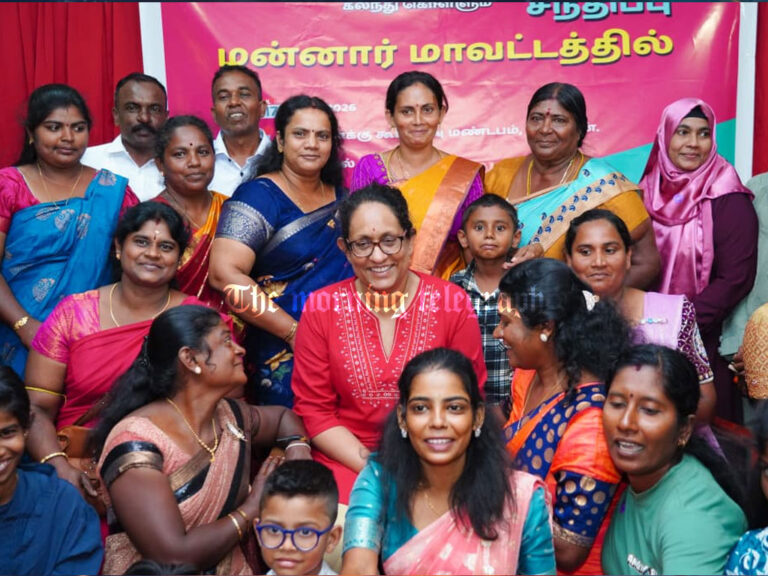
Health officials have raised concerns over Sri Lanka’s declining birth rate and rising infant mortality, citing statistics that indicate an alarming trend in maternal and neonatal health.
According to data from the Sri Lanka College of Community Physicians, nearly 313,000 women become pregnant annually, but a significant number of these pregnancies do not result in healthy births.
Speaking at a media briefing held at the Sri Lanka Medical Association Auditorium in Colombo, the association’s president, Dr. Kapila Jayaratne, highlighted a growing number of pregnancy complications, premature births, and infant deaths that require urgent attention.
Increasing Infant Mortality and Pregnancy Complications
Statistics reveal that nearly 26,000 pregnancies end in miscarriage within the first few months, while around 1,700 babies die in the womb after 28 weeks.
Approximately 280,000 live births occur in Sri Lanka each year, but 20,000 newborns are born underweight and often require intensive medical care. Tragically, around 2,500 newborns die within their first year due to various complications.
Dr. Jayaratne identified the leading causes of infant deaths in Sri Lanka as:
- Birth defects – 46%
- Premature birth – 26%
- Birth asphyxia (lack of oxygen) – 12%
- Infections at birth – 6%
Furthermore, deaths among children under five have risen to approximately 3,300 per year.
Birth Rate Declining, Overall Mortality Increasing
Sri Lanka has recorded a sharp decline in birth rates, dropping from 319,000 births in 2019 to 247,000 in 2023—a reduction of approximately 22-23%.
At the same time, the total number of deaths across all age groups has increased from 132,000 in 2020 to 181,000 in 2023, indicating a significant rise in mortality.
Healthcare Improvements Amid Challenges
Despite these concerns, the country’s healthcare sector has made notable progress over the years. Life expectancy, which stood between 53-56 years in the 1950s, has now risen to 73 years for men and 80 years for women.
As Sri Lanka faces demographic and public health challenges, experts stress the need for improved maternal and infant healthcare policies to reduce mortality rates and address declining birth trends.




